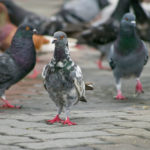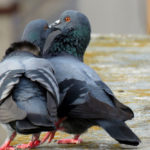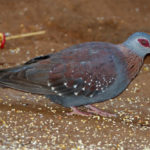You’ll Be Surprised How Speedy These Common Birds Are
Pigeons aren’t exactly thought of as the speed demons of the sky.
We’re more used to seeing them chilling on streetlamps, pooping on unsuspecting heads from building ledges, and waddling up and down seaside piers in search of scraps once the alpha seagulls have had their fill.
But contrary to popular knowledge, these unassuming birds can hit some incredibly high speeds when they take flight.
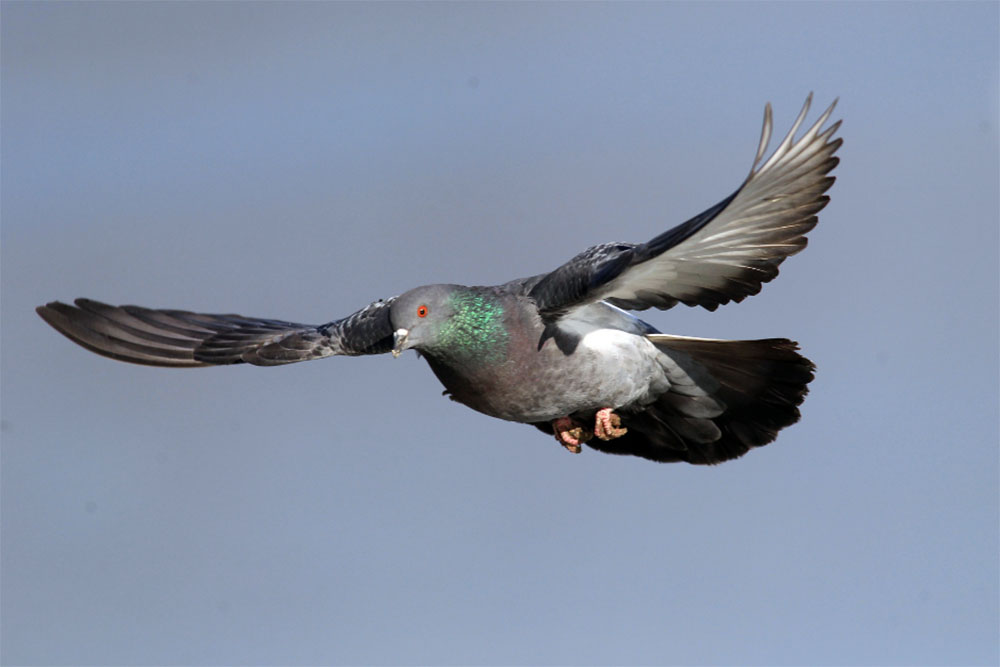
Combined with their intelligence, this speed is what makes them such fantastic sporting birds.
The average pigeon you’ll see flapping around your city, or if you live rurally, doing battle with a squirrel to reach your garden feeder, can usually fly at a sustained speed of up to 60 miles per hour, and pigeons bred to race blow that figure out of the water…or sky even.
Pretty neat, huh? But guess what…they can zoom even faster if they really push themselves over short distances — we’re talking speeds of upward of 77 miles per hour, with some even recorded hitting an astonishing 92.5mph.
That’s basically light speed for these little birds!
Why Is It Difficult To Measure The Speed Of A Pigeon?
It’s quite a task to measure the speed of any animal, really, but when said animal can soar through the air at its own pace, it becomes nigh on impossible.
There are just so many variables involved.
One such variable is the distance that the pigeon in question has traveled. For instance, homing pigeons don’t necessarily pace themselves.
They’ll burn through their energy going as fast as they can for a short period of time before enjoying a nice long rest.
When they finally arrive at their destination, the receiver may be able to calculate an average speed based on their departure time, arrival, and miles traveled, but that’s no measure of true pace.
You’ll also have to consider the impact the weather has on our feathered friends.
Pigeons don’t have the most impressive wingspan, so strong winds can really slow them down in the air, as can a blizzard.
Then, on the flip side, they could surf a strong tailwind and go faster than they ever normally would.
As you can see, there’s very little we can do to ascertain the exact speeds of pigeons in any universal way while also accounting for behavioral and external variables.
How Does The Speed Of Pigeons Compare To Other Birds?
Pigeons are impressively speedy for, well…pigeons, but that doesn’t mean they rank all that high in the grand scheme of things.
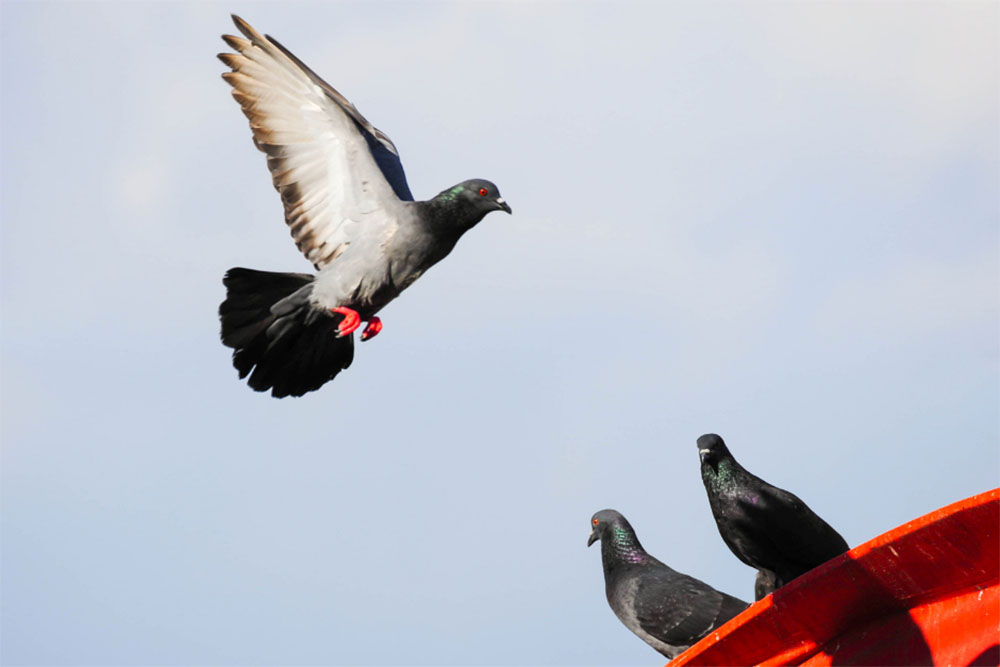
Take the Peregrine Falcon, for example, a streamlined rocket of a bird that can travel at speeds of up 200mph, but perhaps that’s an unfair comparison.
Peregrine falcons aren’t just the fastest bird in the world, they’re the fastest animal, period, and they can only reach such speeds when diving for prey — the humble pigeon can’t compete with that.
On a more general frame of avian reference, pigeons measure up quite well, but as far as we know, the bird capable of the fastest sustained speeds is the gray-headed albatross.
A member of this majestic species with wingspans commonly measuring upwards of 7ft was recorded by a satellite as flying at a sustained speed of 78.9mph.
What Is The Fastest Pigeon On Record?
No one is sure what the fastest pigeon ever was or is, but there was a rumor that the title belonged to a pigeon from Belgium named Bolt (as in Usain).
While there is no scientific evidence that officially proves that Bolt is the most rapid pigeon on the planet, it was reported that it was the fastest of all the pigeons raised in a championship breeder’s loft.
Bolt was eventually sold at auction for a whopping $453,000 dollars — not bad for a species of bird referred to as the rats of the sky.
Final Thoughts
In the absence of truly controlled and universal testing measures, it’s more or less impossible to give an empirical answer to how fast pigeons can fly, but what we do know for sure is that they can go like hell when they need or want to.


